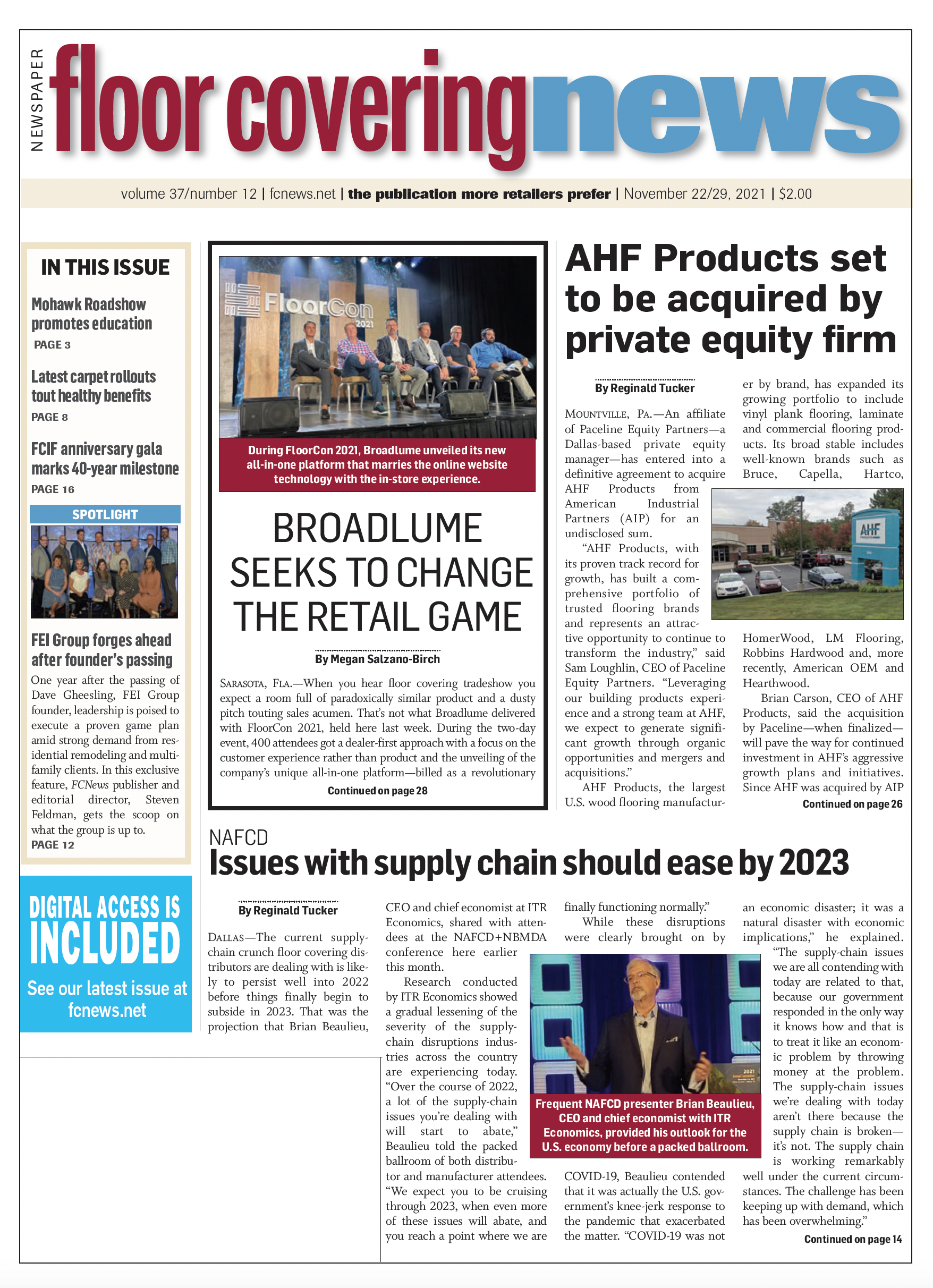 By Lisbeth Calandrino—The world of work is changing. It appears that employers are no longer in the driver’s seat when it comes to hiring. At present, workers seem to have the upper hand. I don’t know anyone who hasn’t said that finding the right worker(s) is very difficult.
By Lisbeth Calandrino—The world of work is changing. It appears that employers are no longer in the driver’s seat when it comes to hiring. At present, workers seem to have the upper hand. I don’t know anyone who hasn’t said that finding the right worker(s) is very difficult.
ADP Research Institute earlier this year released a study, “People at work 2021: A Global Workforce View,” which delivered insight into workers’ perspectives about the future. One finding is obvious: work and workers have changed. Workers have been forced to determine if they should risk their health or the health of their family to keep going to work. At the same time, mandatory vaccination policies have caused further labor shortages, particularly in those cases where many state, government and municipal employees—as well as some private firms—have laid off employees who have not volunteered to get their shots. On top of that, many people have opted to retire early instead of re-entering the workforce.
Additional research shows millennials were three times more likely than others to say they were re-evaluating their work. More than one-in-three American labor force participants (35%) are millennials, making them the largest generation in the U.S. labor force, according to a Pew Research Center analysis of U.S. Census Bureau data.
That begs the question: Where will you get your employees? Furthermore, what do you have to do to make sure they stay with you? A recent CNBC survey found that many employers are offering their employees more money to stay. Specifically, 32% of small business owners say they have raised wages in the past three months to attract workers, while 27% are offering more flexible hours and 24% more on-the-job training. Some companies are taking a page out of the professional sports-world playbook by offering potential workers “signing bonuses” to come on board.
On the flip side, however, the CNBC study found fewer companies have offered additional benefits, including enhanced medical (8%), educational benefits (7%) and child-care or elder-care benefits (5%).
If nothing else, the pandemic has reminded us that people matter more than ever. We’ve lost family members, good friends and others who we knew only in passing. I lost a great person who I had become close to who worked at AT&T. He helped me choose the right phone plan and occasionally joined me for lunch. He became sick with COVID-19 and within a month he was gone. Many people I know have a similar story.
What this experience has taught us is what really matters in life and work. And if it matters to you, you can be sure it’s on the minds of both existing and potential employees. As a business owner, ask yourself: what is the larger purpose of my business? In my experience, most business owners define “purpose” as building a successful business or achieving a more affluent lifestyle, but oftentimes it’s not tied to a larger purpose.
Try to reframe your thinking and put yourself in the shoes of your employees or potential employees. Beyond a paycheck, it’s important for some employees to know the fruits of their labor are providing something that matters to your customers.
Please join me at Surfaces 2022, where I will discuss more on this subject in my presentation, “Hiring and the New World of Work.”
Lisbeth Calandrino has been promoting retail strategies for the last 20 years. To have her speak at your business or to schedule a consultation, contact her at lcalandrino@nycap.rr.com

